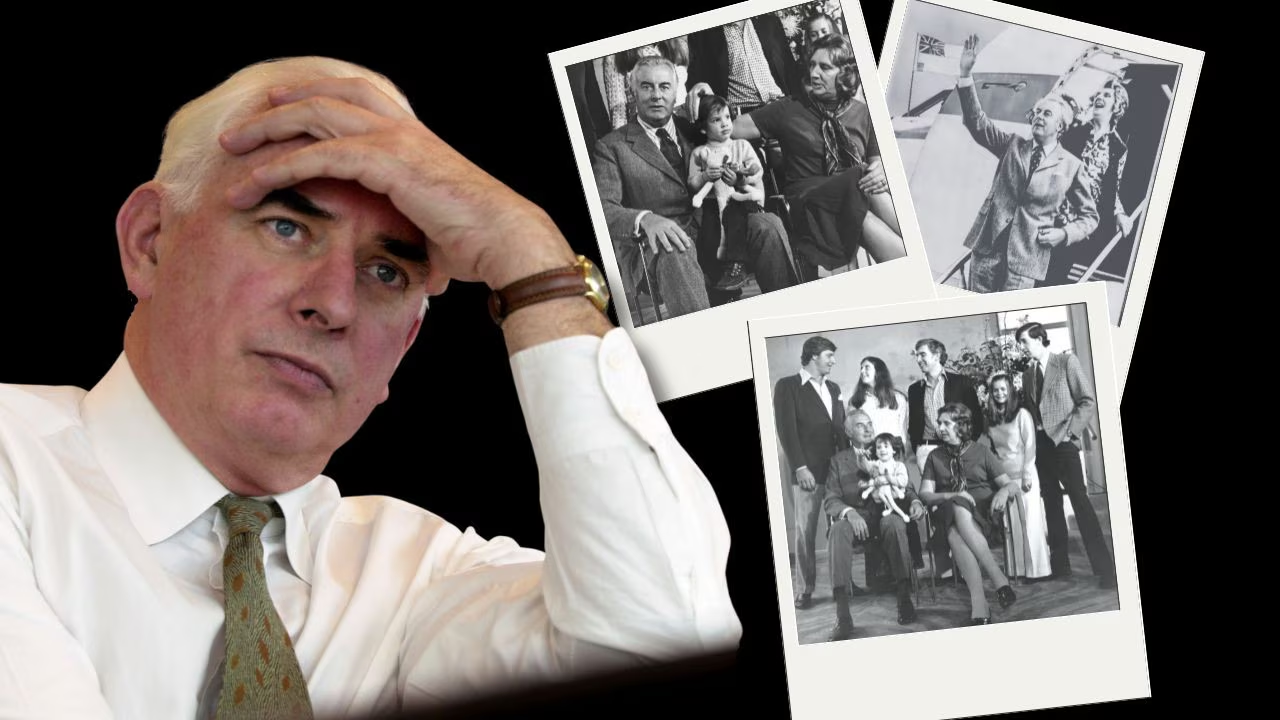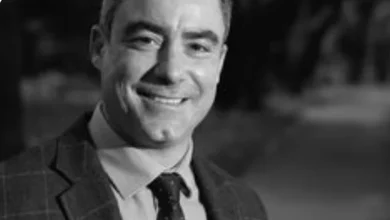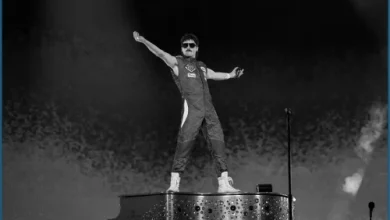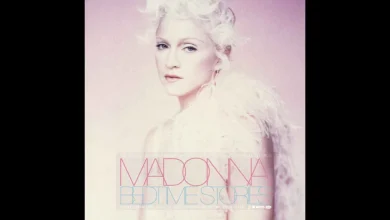My dad’s downfall brought out the worst and best in people

While John Kerr was dismissing my father as prime minister on November 11, 1975, I was lunching on Sydney Harbour with my high school chum Jim Spigelman. About to turn 30 and two years married, I had lived overseas for the previous 12 years – first at university and then as an international banker. I was returning to Camelot.
Judy and I had arrived in Sydney just five days previously. This was a new country for my English rose. The city was hot and humid, and summer was well and truly under way. On the radio, coming back from lunch in a taxi, I heard news of the Dismissal. At first it did not fill me with any great alarm: with a vote of no confidence in Malcolm Fraser being put to the House of Representatives, it sounded to me as though my father would be back in power before the day was out. But then John Kerr prorogued parliament.
My parents had quickly decided that Gough would stay in Canberra and that he would squat in the Lodge until there was an election result. Our mother had been in Sydney on that fateful day and was planning to stay the night in Kirribilli House, which had become their Sydney base. It is technically a government guesthouse. Wanting to be seen to be out of Kirribilli by midnight, however, Margaret asked us to come over to help her pack up. At dinner that night I took the opportunity to make a dent in the stocks of the house burgundy (Vosne-Romanee and Romanee St-Vivant) that a previous occupant, probably Billy McMahon, had wisely accumulated.
The Whitlam Dismissal, 50 years on
‘I saw journalists with their hands shaking’: Paul Kelly recalls the Dismissal
For the first time in 50 years, The Australian’s editor-at-large Paul Kelly gives his forensic account of the day the Governor-General sacked a Prime Minister.
From Whitlam to Albanese: the remaking of Australian politics
Labor’s journey from Whitlam’s humiliation to Albanese’s record majority reveals the most dramatic reversal in our political history.
The day that shocked the nation
An hour-by-hour, minute-by-minute, account of John Kerr’s dramatic dismissal of Gough Whitlam and installation of Malcolm Fraser as prime minister 50 years ago.
Whitlam’s long shadow still looms over us all
His ‘crash through or crash’ leadership not only reformed Labor, it embedded left-wing ideals and a centralising regulatory culture that reshaped Australian governance.
Whitlam ignored all the warnings
Newly discovered documents show the public service repeatedly told Gough Whitlam that he faced possible dismissal by John Kerr but he undertook no contingency planning.
I saw it all – Kerr’s move strengthened democracy
The action of the governor-general resolved an administrative gridlock and political stalemate.
My dad’s downfall brought out the worst and best in people
‘Friends’ made themselves scarce, enemies emerged, and even Clarence the dog copped it. Gough Whitlam’s son Nick reveals the personal toll behind a very public chapter in Australia’s history.
Truth and fury: Whitlam Dismissal not quite as unprecedented as it seemed
Labor’s rage over Gough Whitlam’s sacking created assumptions that Kerr’s actions were unprecedented and unconstitutional. But the historical record tells a different story: the key elements had happened before.
‘Don’t write some emotional piece of trash’: Paul Kelly on the Dismissal
At just 28, journalist Paul Kelly covered the dismissal of the Whitlam government for The Australian with the straight-news impartiality and rigorous analysis that would become his trademarks. Gough got sacked – and so did Kelly, but he came back stronger than ever | WATCH NOW
Kerr failed by not warning Whitlam: Fraser
In never-before-revealed papers, Malcolm Fraser came to the view that John Kerr was wrong to dismiss Gough Whitlam without warning and should have consulted him ‘more freely’ during 1975.
Kerr’s torture over Whitlam dismissal revealed from grave
Former governor-general Sir John Kerr poured out his heart in notes about his dismissal of Gough Whitlam, revealing him to be obsessed, troubled and utterly delusional.
The ‘horror’ of the Dismissal: the day our artists stood for Gough
The love affair between Australia’s arts sector and the Whitlam government continued well after November 11, 1975.
The Dismissal wasn’t the end of democracy
In fact, Australia escaped virtually unscathed from the political crisis of 1975.
An unforgettable Remembrance Day
The Whitlam era was one of enduring change and great mistakes.
Enemies begin to emerge
The Tories were insufferably triumphant in the following days and they got worse once they’d won the December election. The family hung together. My parents moved into a small flat they had recently bought in Darling Point.
People show their true colours in these situations. Some pre-Dismissal “friends” made themselves scarce. Judy is outgoing and generous, and this was a nasty introduction to a new country. She soon found some true friends, not least a similarly lively and social woman with whom she shared the vicissitudes of their respective married lives over the future years. Self-appointed enemies began to emerge.
Only twice in my life have I had my hand refused, on both occasions by Liberal Party functionaries: the first offender, Sir Robert Crichton-Brown, turned his back on me and Judy at Bruce and Anne Gyngell’s 1975 Christmas party; years later another knight, Sir William Pettingell, refused to take my hand when I was asked to attend a meeting with Neville Wran. I had never met either man before these insults and, happily, I never came across them again.
Taking it out on the dog
It did not stop with our immediate family. The most bizarre insult involved our innocent labrador, Clarence, the local service station proprietor and an unnamed customer. Judy had taken Clarence and the proprietor’s dog for a walk. This was witnessed by the outraged customer, who barked at the poor man: “How can you let your dog go with a Whitlam dog!” Seriously.
Fifty years on, I still get people coming up to me, usually women, saying how their free university education had been life-changing. And it is a matter of great pride to know so many of the Whitlam government reforms have become permanent, even those challenged in the courts, and that they enjoy bipartisan political support. Plenty of people now tell me they voted Labor in 1975; if that were true, my father would have won in a landslide.
Nicholas Whitlam is Gough Whitlam’s second son.




